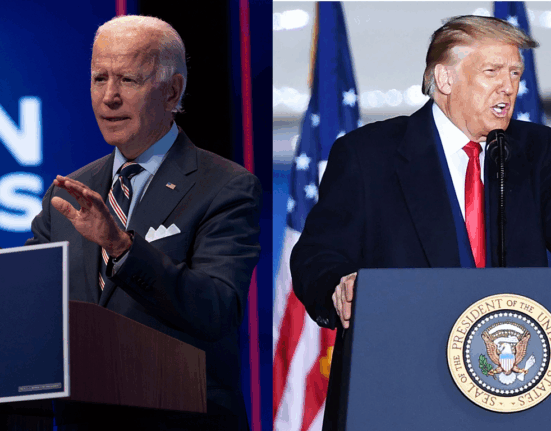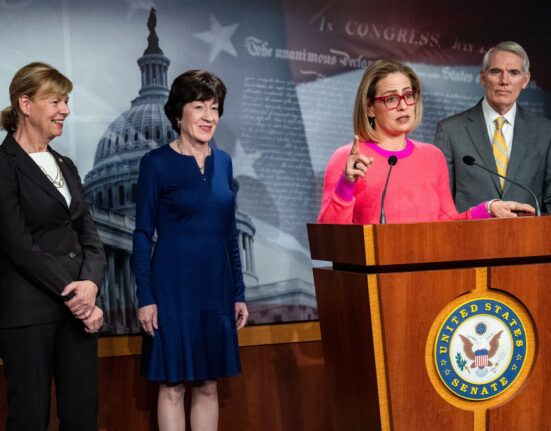In a recent development, Representative Gabe Evans from Colorado made headlines by drawing connections between his state’s “sanctuary state
” policy and the tragic attack in Boulder. The incident has sparked a heated debate surrounding immigration laws and public safety measures.
During an interview on NewsNation’s “The Hill,” Rep. Evans highlighted concerns about information sharing among law enforcement agencies at different levels of government. He emphasized the importance of cooperation between federal, state, and local authorities to prevent security threats effectively.
Evans expressed frustration over Colorado being labeled as a sanctuary state, where policies restrict collaboration with federal immigration agencies. He mentioned a specific law that penalizes law enforcement officers for sharing information with immigration authorities. This restriction, according to Evans, hindered officials from identifying potential risks like the perpetrator in the Boulder attack.
“
We know this guy overstayed two visas…that makes him off limits for any information sharing between state and local law enforcement with their federal authorities,
” said Rep. Evans during the interview. These statements reflect concerns about gaps in communication channels that could impact national security efforts.
The discussion around sanctuary policies intensified following comments from White House officials regarding the legal status of the suspect involved in the Boulder incident. Mohamed Soliman, described as an “
illegal alien” who violated visa regulations, reignited debates on immigration enforcement practices.
Stephen Miller, White House deputy chief of staff for policy and homeland security adviser, underscored the need to address issues related to visa overstay and unauthorized residency. His remarks echoed broader calls for stricter border controls and comprehensive immigration reforms to enhance public safety measures.
The implications of linking sanctuary policies to criminal activities raise complex questions about balancing humanitarian considerations with national security priorities.
Experts emphasize the significance of nuanced approaches that address both aspects effectively without compromising fundamental values.
With conflicting perspectives on immigration policies and law enforcement protocols, stakeholders are called upon to engage in constructive dialogues aimed at finding common ground while upholding constitutional rights and ensuring public safety.
As discussions continue regarding Colorado’s stance on sanctuary laws and their impact on community safety, policymakers face crucial decisions on navigating these sensitive issues responsibly while safeguarding vulnerable populations and maintaining effective governance structures.
The intersection of legal frameworks, security imperatives, and social welfare demands careful deliberation and strategic planning to foster inclusive societies resilient against emerging threats while preserving core democratic principles.









Leave feedback about this